A session with Dr. Nichta today. Going in, I felt there was nothing of consequence to discuss. After what seemed like a couple breathes and a flood of words, the fifty minutes concluded. The overall message established: I am being moved into a new realm of maturity. Afterwards sitting in front of the Eucharist at St Paschal Baylon, a woman, Shirley, approached me asking if I would repose the Eucharist at nine. The person signed up to come in at eight texted her, informing her they could not make it. I was honored, truly humbled and touched. Shirley showed me the routine, proper placement within the Tabernacle, providing keys, showing me around the sacristy, how to extinguish candles and turn off lights. Once, she left me alone with the Eucharist tears burst forth, my heart beating with joy, adoration, and a sense of wonder. I feel God is trying to tell me something, yet I am not quite sure regarding details. Sitting for the final hour, I pleaded, praying, begging for understanding. To be made aware how He wanted me to serve Him. Abstinence and sobriety I am proud to offer, yet there is so much more I feel I have to give. I was not sure about time since I did not bring my telephone into the church, however bells at the half hour made me confident there would be hourly bells. Sure enough, a wonderful sounding occurred, before nine distinct individual tones announced the arrival of 9:00 PM. Reposing, positioning myself behind the monstrance and altar, kneeling, looking up at the Eucharist, I just felt an overwhelming love to serve. It was a marvelous way to end a day.
Driving home, listening to Pope Francis expound upon Mercy, a prayer concept was presented: the gaze of Jesus, allowing Jesus to look upon us:
“I found three different manners of Jesus’ gaze upon Peter”.
The first is found at the beginning of the Gospel according to John, when Andrew goes to his brother Peter and says to him: “We have found the Messiah”. And “he brings him to Jesus”, who “fixes his gaze on him and says: ‘You are Simon, son of John. You shall be called Peter”. This is “the first gaze, the gaze of the mission” which will be explained “further ahead in Caesarea Philippi”. There, Jesus says: “‘You are Peter, and on this rock I will build my Church’: this will be your mission”.
…in the meantime, Peter has become an enthusiast of Jesus: he follows Jesus…Gospel of John, chapter 6, Jesus speaks of eating his body and so many disciples say at that moment: ‘This is hard, this word is difficult’”. Thus, “they begin to withdraw”. Jesus then “looks at the disciples and says: ‘Do you want to leave too?’”. And it is “Peter who responds: ‘No! Where would we go? You alone have the words of eternal life!’”. This is “the enthusiasm of Peter”. This is the first gaze: the vocation and the first declaration of the mission”. And, “how is Peter’s spirit under that first gaze? Enthusiastic”.
The second gaze we find late at night on Holy Thursday, when Peter wants to follow Jesus and approaches where He is, in the house of the priest, in prison, but he is recognized: “‘No, I don’t know him!’”. He denies Him “three times”. Then “he hears the cock crow and remembers: he denied the Lord. He lost everything. He lost his love”. Precisely “in that moment, Jesus is led to another room, across the courtyard, and fixes his gaze on Peter”. The Gospel of Luke recounts that “Peter cried bitterly”. Thus, “that enthusiasm to follow Jesus has become remorse, for he has sinned, he has denied Jesus”. However, “that gaze transforms Peter’s heart, more than before”. Thus “the first transformation is the change of name and of vocation. Instead “the second gaze is a gaze that changes the heart and is a change of conversion to love”.
“We don’t know what the gaze (third) was like in that encounter, alone, after the Resurrection. We know that Jesus encountered Peter, the Gospel says, but we don’t know what they said. The third gaze is the confirmation of the mission; but also the gaze in which Jesus asks for confirmation of Peter’s love. Indeed Jesus ask three times—three times. Peter denied Him three times; and now the Lord for the third time asks him to show his love. Each time when Peter says yes, that he loves Him, he loves Him, He gives him the mission: ‘Feed my lambs, tend my sheep’”. Moreover, at the third question — “Simon, son of John, do you love me?” — Peter “was grieved, nearly weeping”. He was sorry because “for the third time” the Lord “asked him, ‘Do you love me?’”. And he answered Him: “Lord, you know everything; you know that I love you”. And Jesus replied: “Feed my sheep”. This is “the third gaze: the gaze of the mission”.
Three gazes of Jesus upon Peter. The first is the gaze of the choice, with the enthusiasm to follow Jesus. The second is the gaze of remorse at the moment of that sin so great of having denied Jesus. The third gaze is the gaze of mission: ‘Feed my lambs, tend my sheep, feed my sheep”. It doesn’t end there: ‘you did this for love and then? Will you receive a crown? No. I say to you, when you were younger, you girded yourself and walked where you would; but when you are old, you will stretch out your hands, and another will gird you and carry you where you do not wish to go”
Lesson on St Paschal Baylon from Catholic online:
Franciscan lay brother and mystic. Born to a peasant family at Torre Hermosa, in Aragon, Spain on Whitsunday, he was christened Pascua in honor of the feast. According to accounts of his early life, Paschal labored as a shepherd for his father, performed miracles, and was distinguished for his austerity. He also taught himself to read. Receiving a vision which told him to enter a nearby Franciscan community, he became a Franciscan lay brother of the Alcantrine reform in 1564, and spent most of his life as a humble doorkeeper. He practiced rigorous asceticism and displayed a deep love for the Blessed Sacrament, so much so that while on a mission to France, he defended the doctrine of the Real Presence against a Calvinist preacher and in the face of threats from other irate Calvinists. Paschal died at a friary in Villareal, and was canonized in 1690. In 1897 Pope Leo XIII declared him patron of all eucharistic confratemities and congresses.

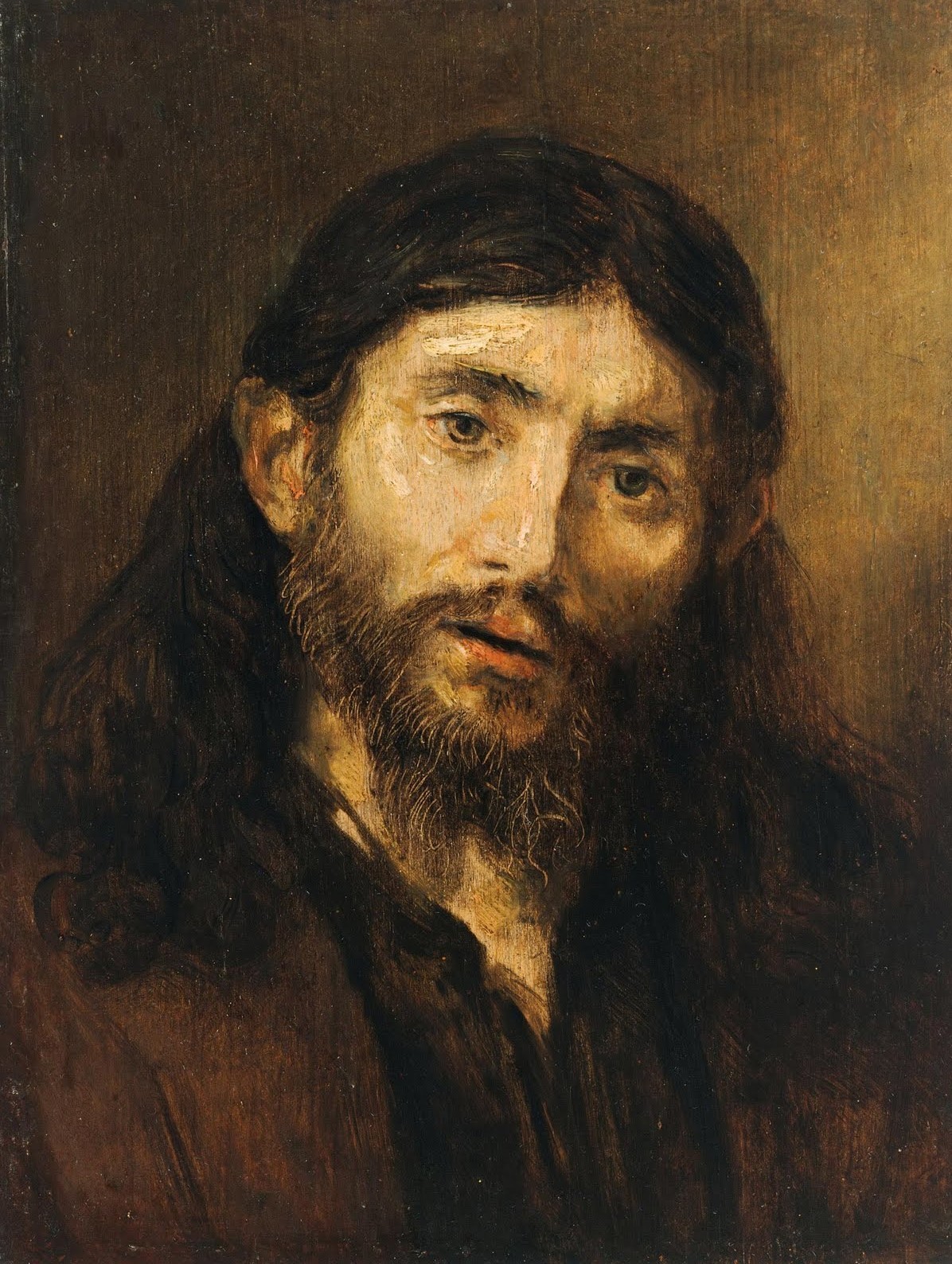


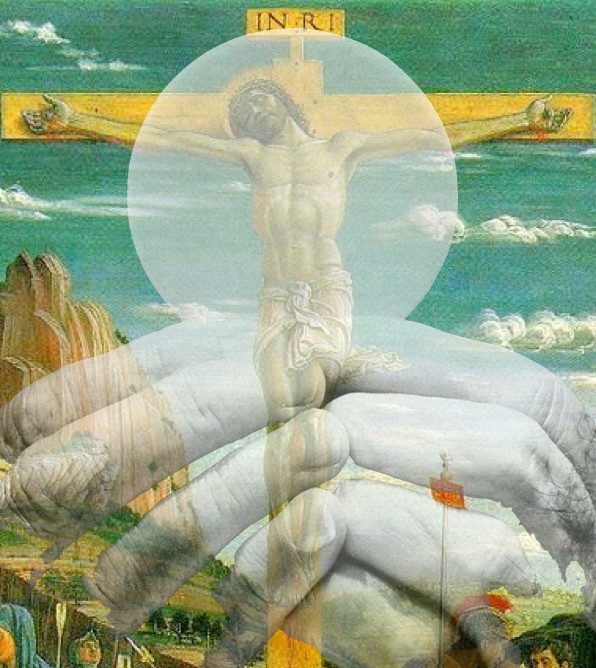


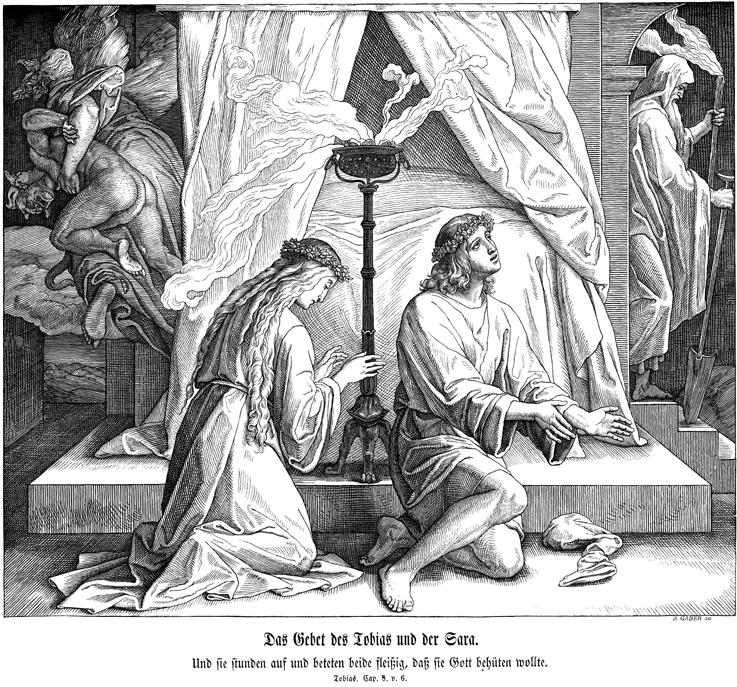
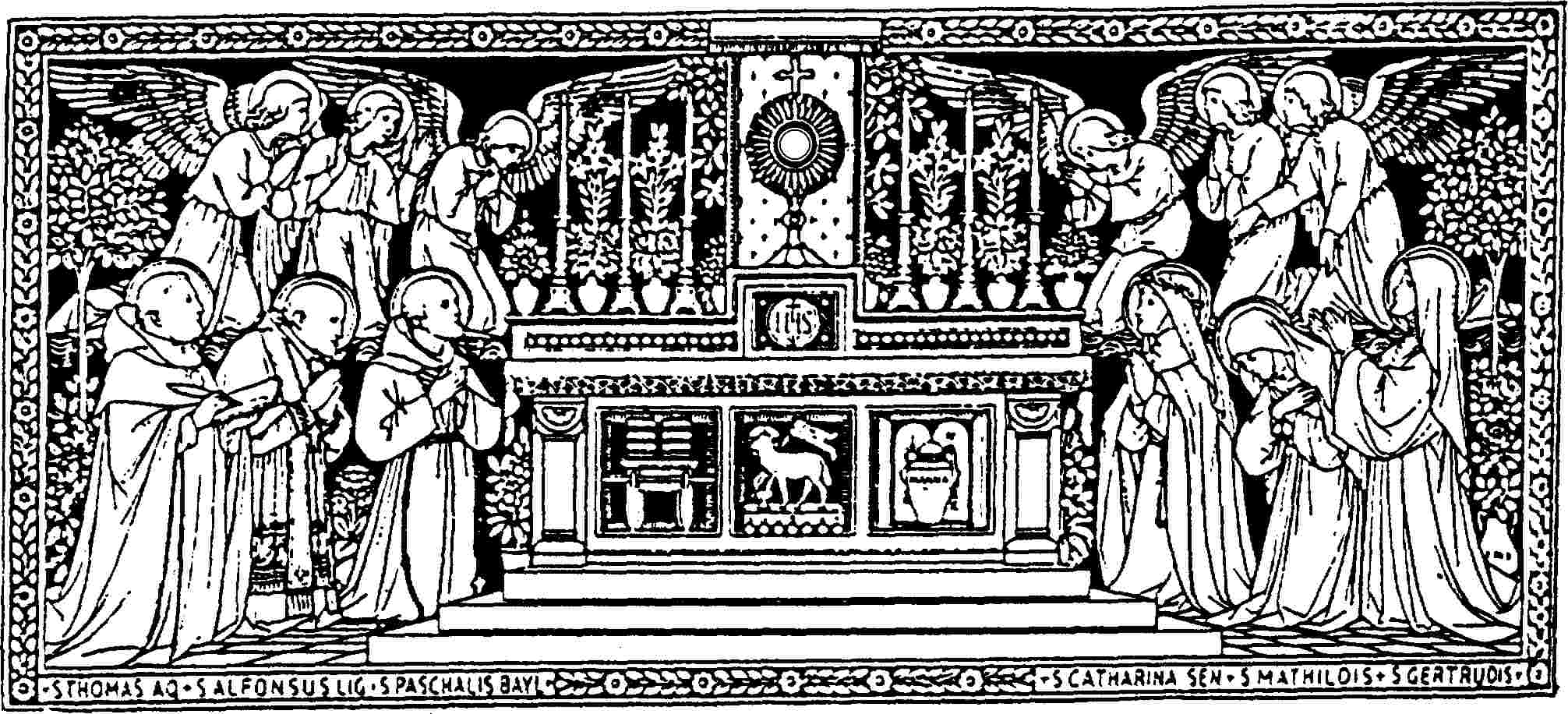
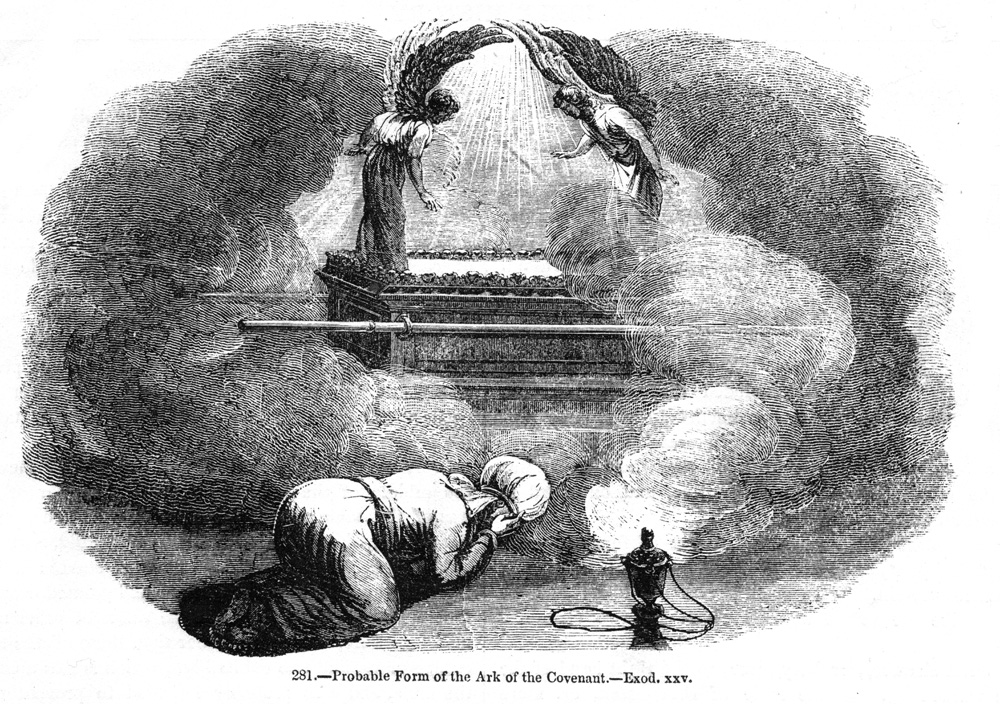
Recent Comments